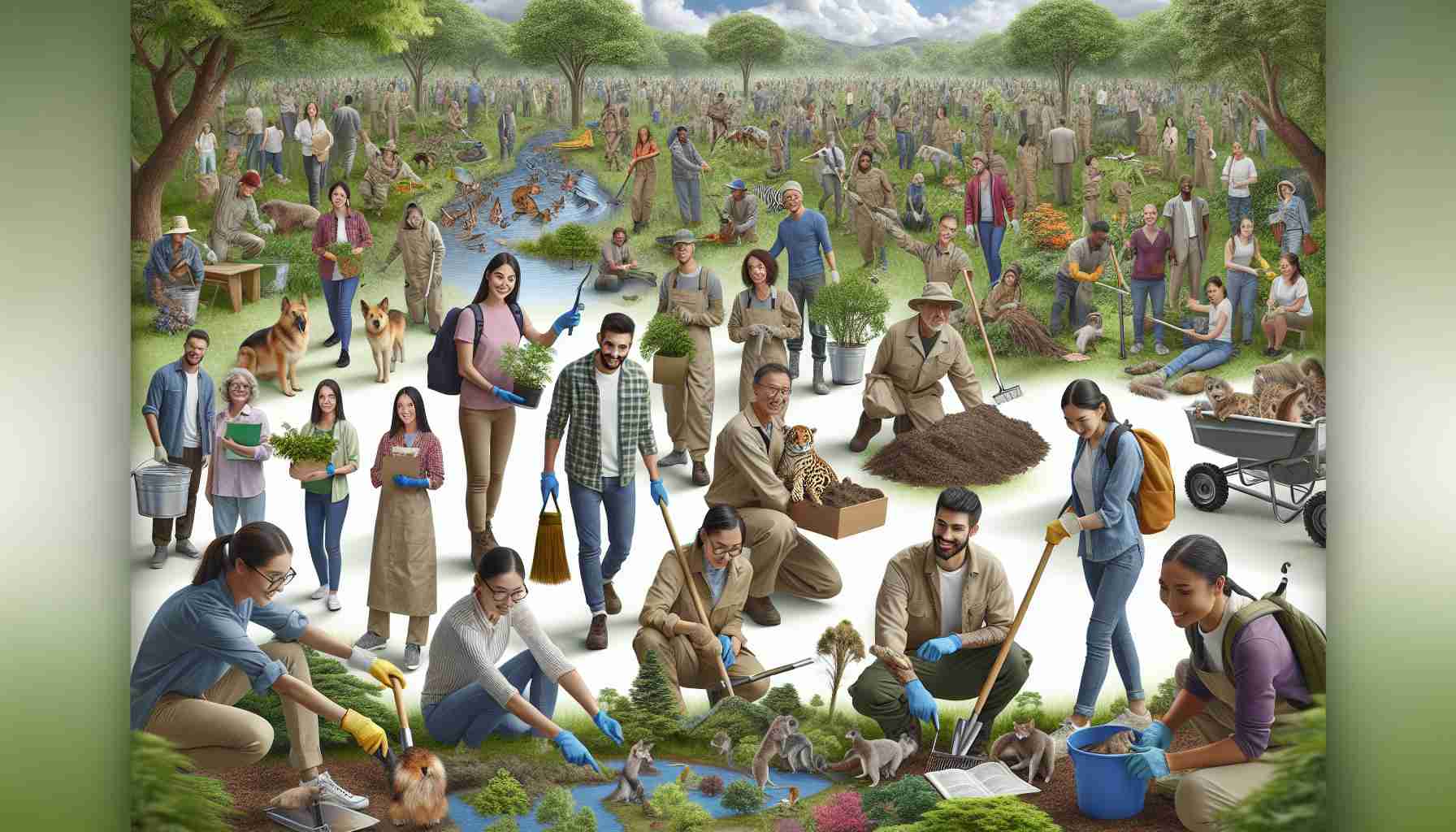In a noteworthy event in Hayden, Janie Veltkamp was honored for her exceptional contributions to wildlife conservation and community service. As the founding director of the nonprofit Birds of Prey Northwest, Veltkamp has dedicated over three decades to rescuing injured raptors and educating the public about their significance. During a recent presentation at the Hayden Eagles, Veltkamp shared a stage with several fascinating birds, including Dakota, a golden eagle, which served as a highlight of the day.
To acknowledge Veltkamp’s dedication, Regent Michelle Fansler awarded her the DAR Community Service Award, an honor given to individuals who have shown outstanding volunteer efforts. This moment of recognition reflects the impact that passionate individuals can have on their communities and the environment.
Veltkamp revealed that her journey into wildlife conservation began unexpectedly during her medical studies, where a summer volunteering on a falcon reintroduction project sparked a profound change in her career trajectory. She felt an immediate connection to the peregrine falcon and decided to pursue biology instead of medicine.
The Daughters of the American Revolution also recognized Bardenay Restaurant and Distillery for their supportive fundraising initiatives, which have significantly benefited the community’s service projects. As Birds of Prey Northwest continues its mission of rehabilitating wild raptors, community support remains crucial for their ongoing efforts. For more information, the organization can be reached at 208-245-1367 or via their website.
Engaging in Wildlife Conservation: Tips, Life Hacks, and Fascinating Facts
Wildlife conservation is not just a noble cause; it’s a call to action that anyone can participate in. Inspired by the remarkable achievements of individuals like Janie Veltkamp, who has dedicated her life to preserving raptors, we can explore various ways to contribute to conservation efforts, adopt eco-friendly practices in our daily lives, and learn some intriguing facts about wildlife. Here are some tips and life hacks to help you embark on your journey of wildlife conservation.
1. Volunteer Locally
One of the most effective ways to make a difference is to volunteer for local wildlife organizations. Many groups, like Birds of Prey Northwest, offer opportunities for individuals to get involved in rehabilitation, education, and community outreach. You can contribute your time and skills while learning about local wildlife.
2. Educate Yourself and Others
Understanding the species that inhabit your area is crucial. Attend local wildlife talks, participate in workshops, and read up on conservation issues. Share your knowledge with friends and family to raise awareness. Social media can be a powerful tool to spread information about conservation initiatives and the importance of biodiversity.
3. Create a Wildlife-Friendly Garden
Transform your garden into a sanctuary for local wildlife. Plant native species, provide food sources such as bird feeders and plants with seeds, and create habitats by adding water features or nesting boxes. This not only supports wildlife but also enhances the beauty of your outdoor space.
4. Reduce Plastic Use
Plastic pollution poses a significant threat to wildlife. Opt for reusable bags, containers, and bottles. Participate in local clean-up events to help remove plastic and other debris from natural habitats. Educating others about the impact of plastic on wildlife can amplify your efforts.
5. Support Sustainable Practices
Choose products from companies that prioritize sustainable practices. This includes buying from local farmers, using eco-friendly products, and supporting businesses that donate to conservation efforts. Your purchasing power can help drive change in industries that impact wildlife.
6. Learn About Raptors
Educating yourself about local raptors, like the golden eagle Dakota, can deepen your appreciation for these majestic birds. Did you know that peregrine falcons can dive at speeds over 240 mph? Understanding the unique traits and behaviors of raptors makes you an informed advocate for their conservation.
Interesting Fact: Many raptors are vital for maintaining ecosystem balance. They help control populations of rodents and other small mammals, which helps prevent overpopulation and the spread of disease.
7. Promote Sustainable Fishing and Hunting
If you enjoy fishing or hunting, practice sustainable methods. Follow regulations strictly, respect breeding seasons, and make sure of proper catch-and-release practices to maintain healthy wildlife populations.
In conclusion, whether through volunteering, education, or everyday eco-friendly practices, everyone has the power to contribute to wildlife conservation. By following the lead of passionate individuals like Janie Veltkamp, we can collectively make a positive impact on our environment.
For more information on raptor conservation and to support initiatives like the one led by Janie Veltkamp, visit Birds of Prey Northwest.

